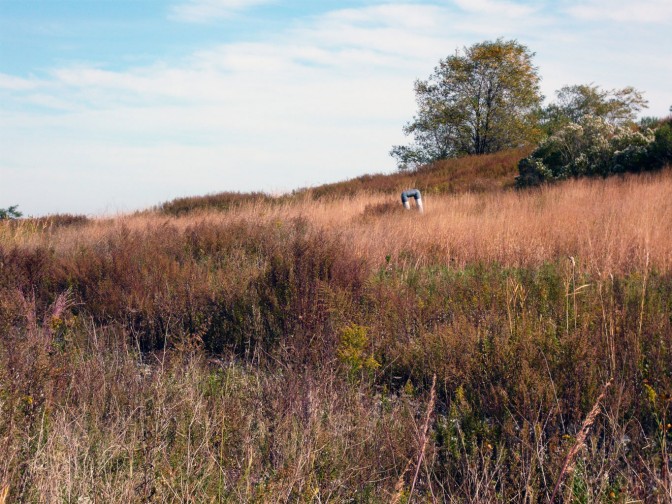Invasive Insects
The silver lining to the recent unrelenting cold snap is that many types of invasive insects can’t survive the frigid conditions. These invasive insects include the emerald ash bore, known for killing millions of trees in the last decade, and the gypsy moth, which eats the leaves of trees, such as those used to grow agricultural crops. All told, the damage by these tiny pests costs the US government and homeowners billions of dollars in damages each year. The good news is that reports show that the recent cold snap may have eliminated 80-100% of some of these pests in certain areas.
Unfortunately, there is also, of course, some bad news. The same climatic changes that have contributed to the polar vortex are also predicted to ultimately cause milder winters in the eastern United States, so the insects’ geographical range will expand further north from where it was once restricted by colder temperatures. The cold may also be killing parasitoid wasps, one of the few predators for the emerald ash bore. This means that when temperatures rise again this spring, the emerald ash bore may be able to bounce back in even greater numbers. Ecological systems are complex and highly interdependent, so it is rare that something will change just one piece of the system; the response to climate change by these invasive insects may have additional unpredicted results because of unidentified feedbacks (for instance, how might climate change affect their food sources or the other insects with whom they are in direct competition?).
Climatic changes won’t just affect invasive insects, but will also influence invasive plants, like the phragmites, or common reed, which we often encounter at Freshkills Park. Recent studies indicate that phragmites will thrive under increased carbon dioxide levels, meaning that the plant overgrowth will become even more of a problem as climate change progresses. While we have taken some steps to control the ever-present phragmites at Freshkills Park, even using goats in one restoration project, the interaction of climate change with these invasive species will pose a challenge for years to come and demand the ecosystem to adapt.
(via Quartz)





